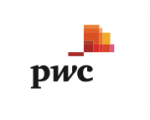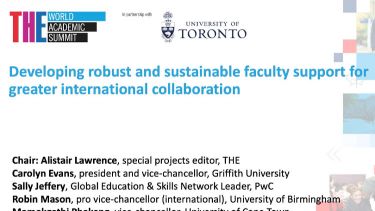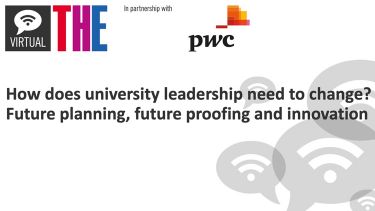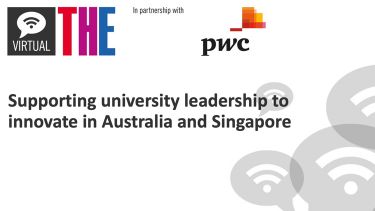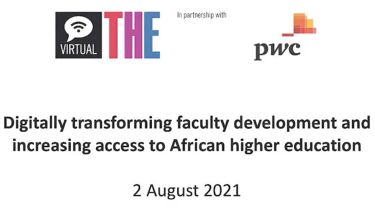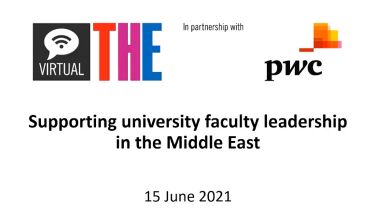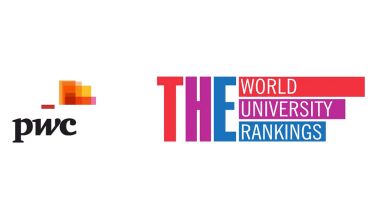Taking part in university rankings can bring benefits to universities and the local communities they serve – but where there is competition, there is also risk of misuse, a sector adviser has warned
At a session for the Times Higher Education MENA Universities Summit, Ruslan Abaev, a senior manager at PricewaterhouseCoopers, discussed some of the key challenges universities should be aware of regarding their rankings and future strategy.
The aim of the session, held in partnership with PwC, was to share ideas on how best to use rankings while avoiding the risks involved – for instance, “using rankings inappropriately for universities’ own development purposes”, Abaev said.
“University and community needs are interconnected,” Abaev explained. “High-standing rankings can bring benefits for both universities and stakeholders in building a strong brand, which, in turn, helps to attract the best students and researchers, build business partnerships and increase funding.”
Abaev has experience working with institutions across the world to build up branding, so he has seen first-hand that rankings are a good motivator for universities that previously had no strategic plan.
But where rankings are pursued “as the only goal”, institutions risked putting “excessive pressure” on staff and students, which could lead to “unethical behaviour”, he warned.
“Rankings are very focused on publications and citations, and so if these indicators are focused on too heavily, it’s possible that [leaders] disregard other important areas of university life,” Abaev said.
Incentivising staff to publish more research without providing additional support for faculty, for example, was problematic, Abaev said. “A whole ecosystem should be created for this purpose, not just targets and funding.”
University leaders should take a holistic approach to rankings and see them as an opportunity to strengthen their institution from the ground up.
Abaev listed measures leaders could take to “harmonise” performance and sustainability, which, he pointed out, were not mutually exclusive ambitions.
These included employing “independent expertise” for the evaluation of new research projects to keep funding distribution fair and ethical.
Linking funding decisions to regional and national research priorities is also “very important and ensures decisions are being linked to the benefits of the final users and not just rankings”, said Abaev.
Above all, universities should work to “tailor” their future strategies to suit the unique needs of their own communities, he said. “The work must therefore benefit industry, students, everybody – because the university can be an engine to drive progress for the whole region.”
Watch the webinar on demand above or on the THE Connect YouTube channel.
Find out more about PwC.
